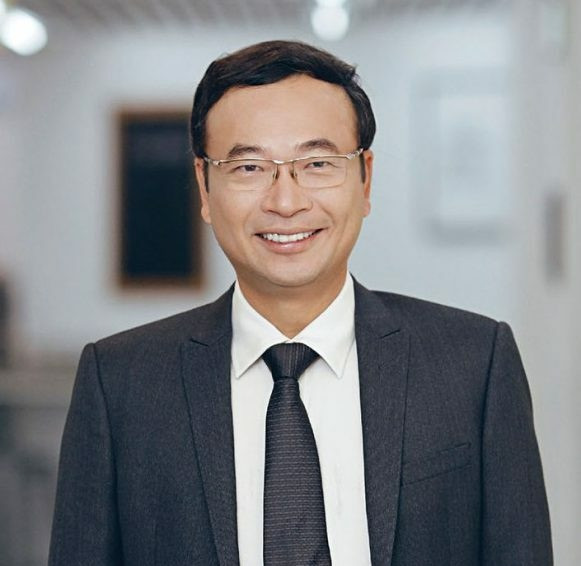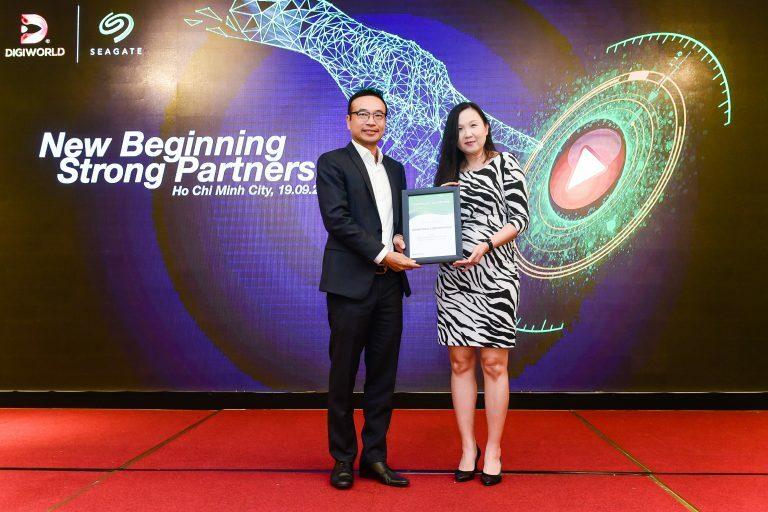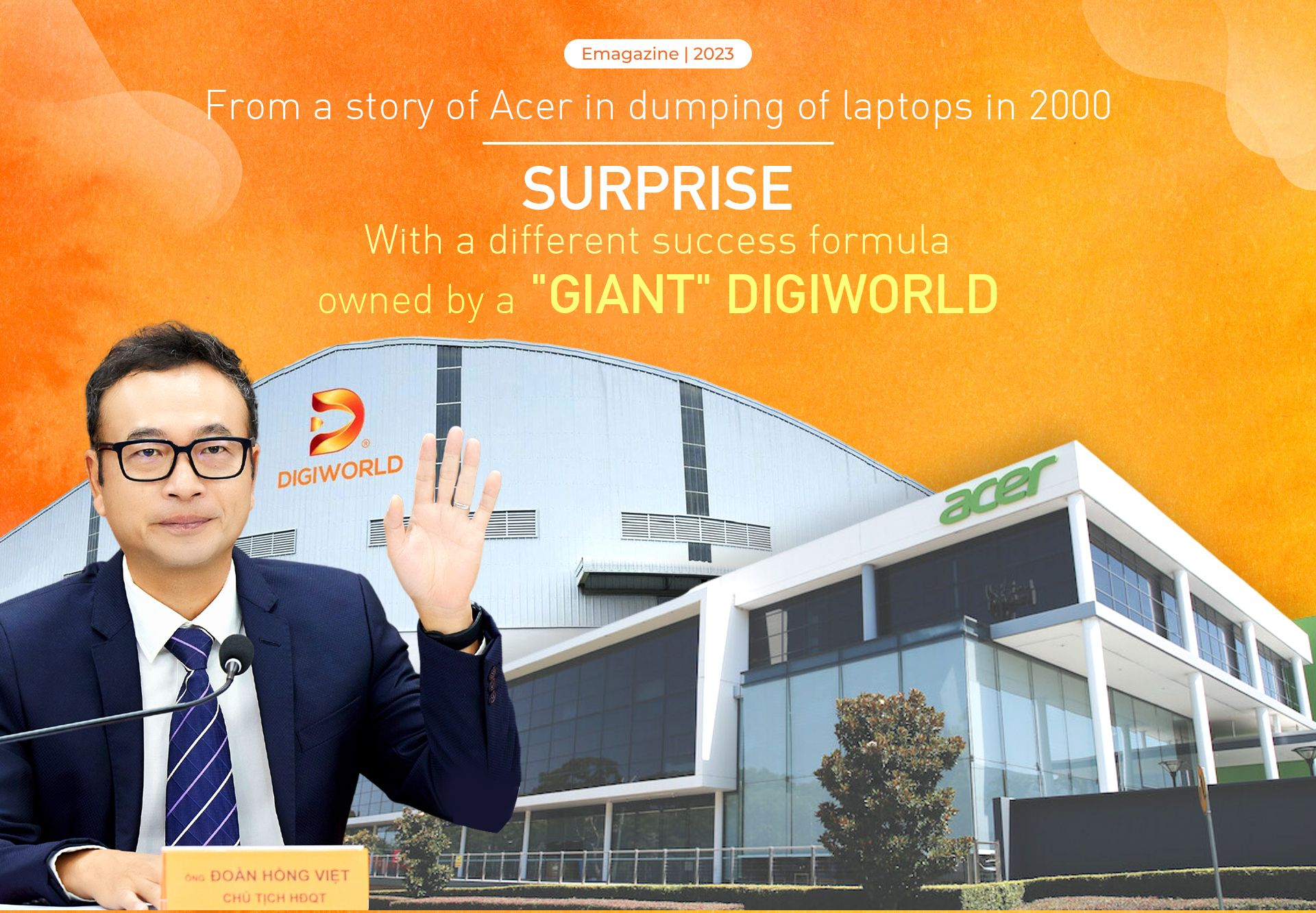

7x, 8x generation has experienced many important periods in Vietnam's history such as war, renovation and economic development in the international integration. This generation has experienced so many social, economic and cultural changes that many people consider they are witnesses of a significant period in Vietnam's history. With the ups and downs of the people of such generation, many of them are hard to forget the 2000s - the year of many desires and dreams, but it was also the years when a poverty still covered many people's lives.
During this period, many 7-8x witnesses recalled that it took only 2,000 - 3,000 VND/serving for a popular meal. However, the year 2000 also marked the transition between two decades, leading to the development of all fields. At this time, the Internet was introduced, the dot-com bubble was traced to the introduction of the worldwide. Many young Vietnamese, especially office workers also, at that time, aspired to reach the dream of holding high-tech tools, filled the "gap" with friends in five continents. Unfortunately, a desktop computer at that time costed hundreds of dollars. For many people, a powerful laptop with a lot of features, outstanding convenience for thousands of dollars make them like a poor in the middle of a prosperous city with a wish for a townhouse!
Many people at that period still reminisced sometime that the dream of "filling the gap" with friends from all over the world was so intense that many schools helped their students learn more about computers and computer applications in learning and practice performed something unimaginable: Teaching how to program, typing commands to create files, folders... etc. on paper. During this period, it was rare for a school to have a few desktop computers!
While many people were still worried about "what to eat tomorrow" and still constantly kept the dream of owning a computer, many computer companies had another worry: how to get deeper into the Vietnamese market when there are many other barriers in addition to the barrier of poor.
On the supply side, many computer companies faced another 1,001 difficulties: How to sell computers with the value of thousands of dollars to the people suffering the worry of every meal? How to change the minds of the majority of people and businesses in using computers to change labor productivity and thereby, improve labor efficiency? How to distribute computers when language, geographical barriers are big obstacles for foreign countries to enter?...
Many computer companies withdrew when entering a primitive market like Vietnam in the 2000s. Acer was surprisingly the rare computer company that turned a challenge into a great opportunity. Acer's success is shown entirely in two words: Fate!

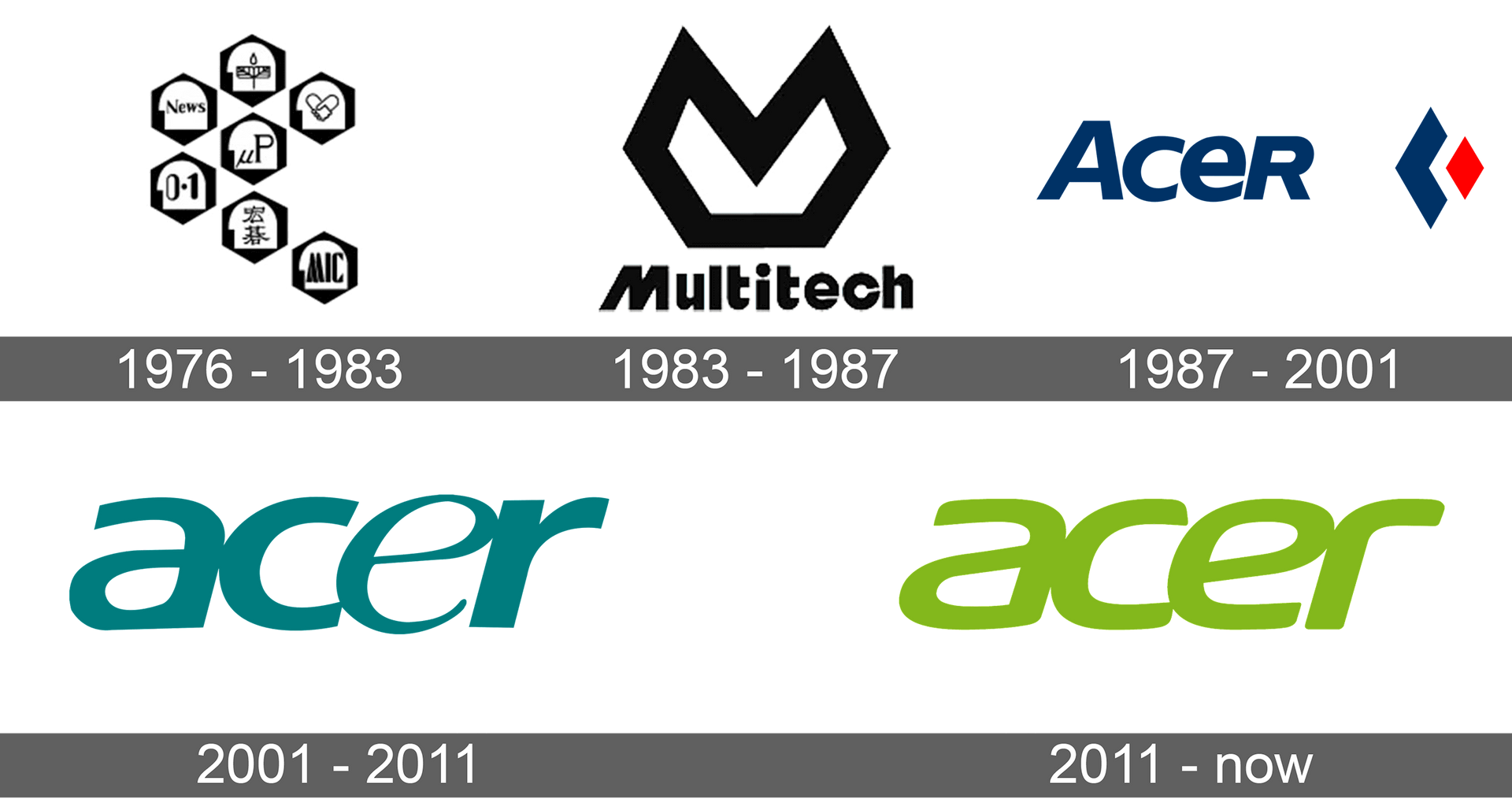
Acer's success isn't given, it's earned. Founded in 1976, Acer was originally just a small company, specializing in the distribution of electronic devices and microprocessor technology called Multitech; in 1986, its name was changed to Acer and has been kept until now.
When the Dotcom bubble burst in the 2000s, the computer manufacturers grew rapidly, and Acer transformed itself from a Taiwanese computer company into a multinational group. Acer was also one of the very few largest laptop suppliers in the world at such time.
Acer grew without meeting any obstacle during this period; many companies around the world were making the transition from desktop computers to laptops. Modern offices had a large demand for laptops for their global office workers, employees...etc.
Before entering the Vietnamese market, Acer was really successful in the world. It was in the top one in many key markets such as Europe. This group was also continuously ranked number 1 in many Asian countries such as Malaysia, Thailand, Indonesia and Philippines...etc.
Main factor to Acer's breakthrough success at that time was the "global brand, local touch" strategy. To quickly expand the market, expand the scope of operation to the world, Acer applied a unique strategy of Local Touch that many famous global brands also applied later. Simply put, Acer's strategy at that time was: cooperating with partners in the countries that desired to reach, using their "local" understanding ability to form distribution channels for Acer's products.
Thanks to this strategy, Acer has penetrated many foreign markets without building its own infrastructure in each market. Accordingly, Acer also gradually shortens the gap in understanding the customers in each different country. By this way, it was also easy for Acer to help those in primitive markets with differences in both language harmony and understanding of technology and the value of technology offered to the customers.

However, it's easy to say but difficult to do. How to find a partner to solve the Local Touch problem? Especially at a time when Vietnam's technology market was still very primitive, how to find partner to solve the difficult problems that computer companies faced was a significant question.
Duyen met with Digiworld (stock code: DGW) to help Acer do the unthinkable. In Vietnam at the moment, Acer's name is no longer strange to consumers, especially students, students and office customers.
When the computer companies were little, many were newly established and inexperienced, Acer then became one of the most popular and trusted brands in the Vietnamese technology market.
A big milestone in Acer's success is its relationship with Digiworld. In fact, at that time, Digiworld did not have the same name as it is now. Digiworld's predecessor was Hoang Phuong Co., Ltd. found in 1997. The founding shareholders of Hoang Phuong at that time were 3 youths including Mr. Doan Hong Viet, Ms. Dang Kien Phuong and Ms. To Hong Trang.
In 2000, Mr. Doan Hong Viet arrived in Thailand, witnessed the booming development of laptop products in this Southeast Asian country with many similarities with Vietnam in terms of economy. With his experience in selling computer components and his love of technology, he clearly felt that laptops will quickly become a trend in Vietnam.
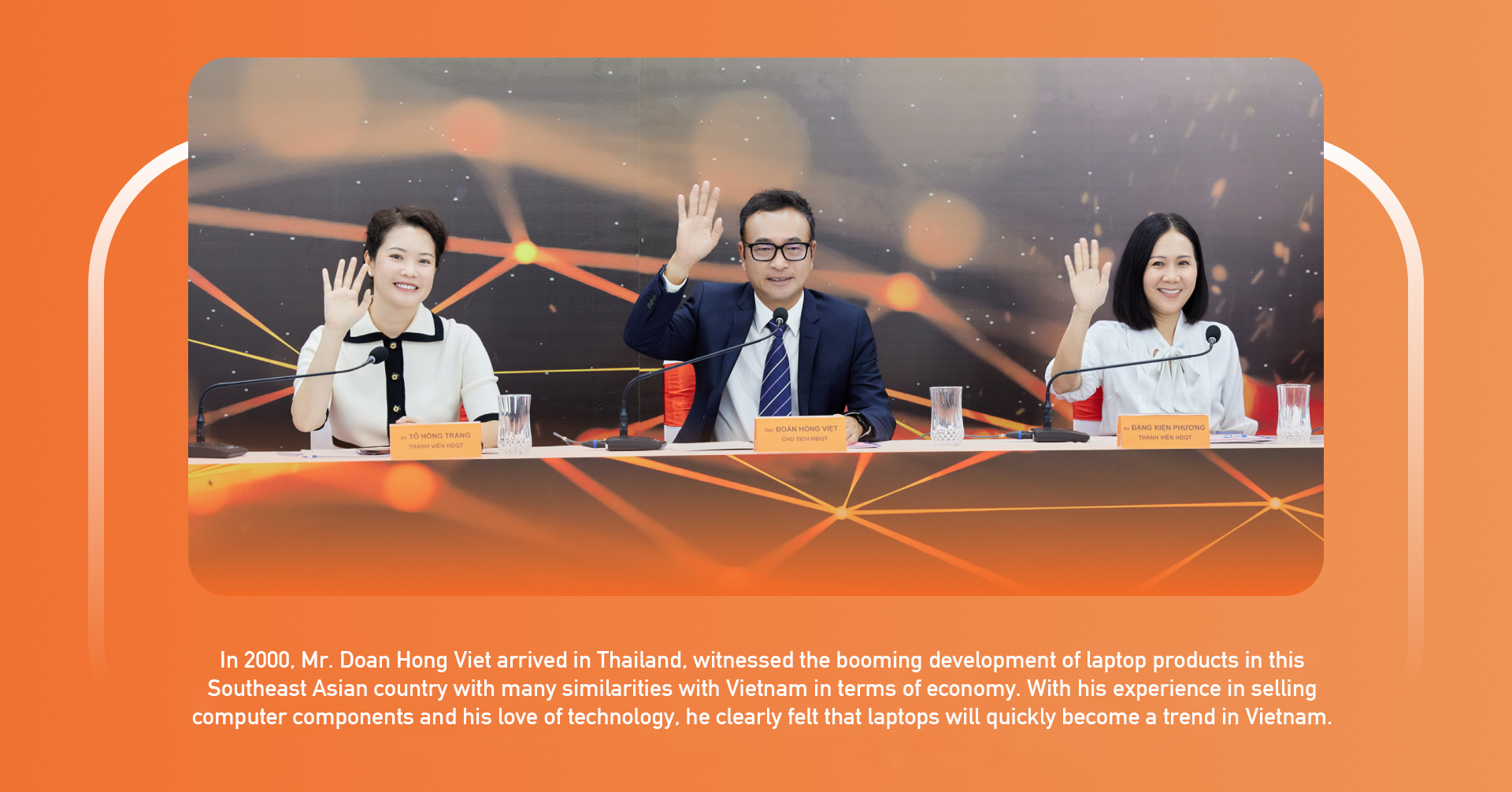
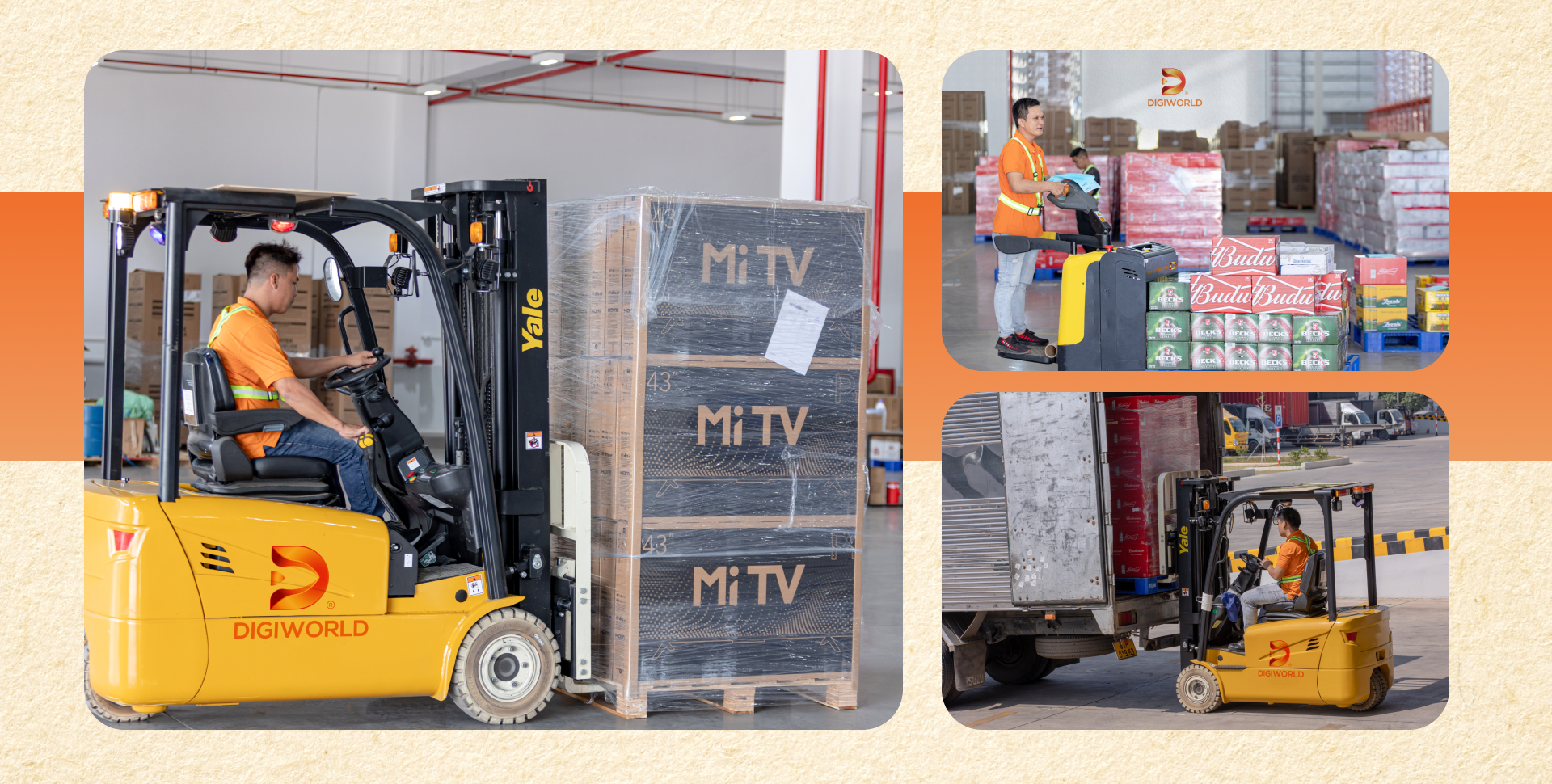
At the beginning of its operation, the company focused on selling components to serve the needs of assembling the desktop computers. During this time, the Internet was becoming more and more popular, the market demand was so increasing strongly, helping the company's business to gain profits and strong development.
A crappy laptop also got out your wallet thousands of dollars at this time.
Mr. Doan Hong Viet quickly realized a different picture: a series of technology companies around the world were trying to reduce selling prices to dominate the market, especially in the primitive markets. Mr. Viet therefore believed that laptops will quickly be produced in larger quantities and sold more widely and especially and the price may be cheaper!
With this view, Mr. Viet shaped Digiworld to take a "strange" path from the beginning: not only to distribute the laptops like other companies but do it differently. Mr. Viet presented his issue directly to Vietnam Acer’s leaders: "Do you want to sell 10 laptops or 10,000 ones? If you chose the latter, we should negotiate a price strategy."
The price given by Mr. Viet to Acer to access the Vietnamese market was 999 USD; it was only half cheaper than the expected price of Acer. However, Mr. Viet's argument convinced Acer: this price created the unthinkable and awakened the senses of those who were dreaming the big but their living standards do not allow to do it.
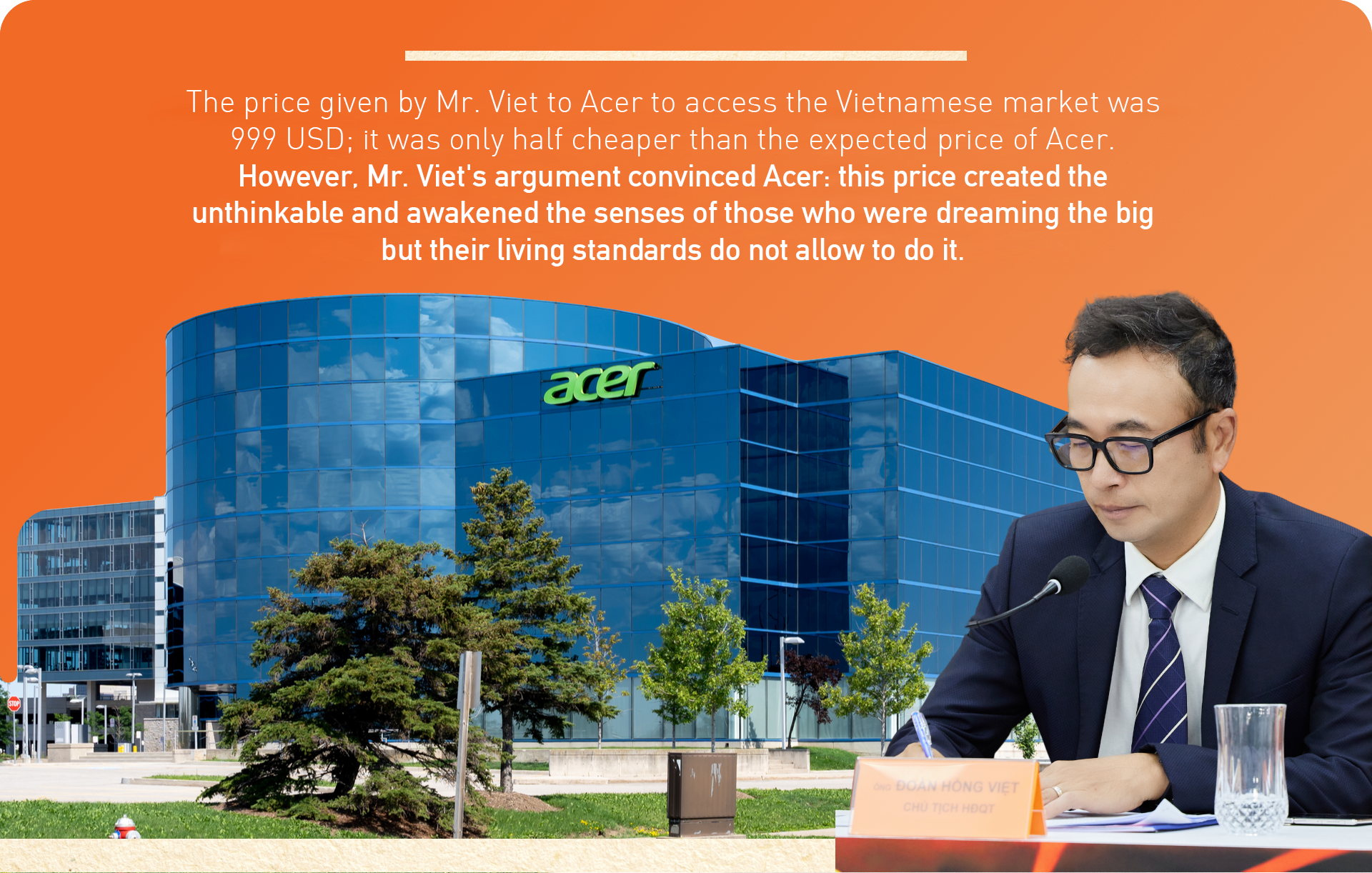

Selling laptops worth ~2,000 USD for less than 1,000 USD, Acer quickly grasped the pioneering advantage in exploring the laptop market in Vietnam. The pioneering advantage of the first mover is always very important and Acer achieves that. Acer has become a foreign laptop company, but is known to many Vietnamese people thanks to its pricing strategy.
At this time, many people will often see numbers like 99,000 VND; 999,000 VND...for one product. Many marketing experts at the present time have dissected the art behind round numbers so everyone knows it. However, in 2000, the price of 999 USD instead of 1,000 USD was an extremely effective marketing strategy that Digiworld devised for Acer.
The product's good design, strong configuration, reasonable price, and fast support service made Acer strong and leading the Vietnamese market in the field of laptops at that time.
In fact, Digiworld convinced Acer not due to its mere distribution capacity. What the Taiwanese computer company required from a partner who could optimize the "Global Brand - Local Touch" strategy was fully met by Digiworld. Digiworld has applied its in-depth understanding of the domestic economy, consumers, marketing and distribution methods...etc. to draw up a strategy in the Vietnamese market for Acer.
Digiworld also has become the official distributor of the Taiwanese Acer famous computer company since 2001.

From starting with zero, Acer reached 40% of the laptop market share in Vietnam. Acer has really succeeded in a market where many people don't believe that laptops worth thousands of dollars will be sold. Behind Acer's success is Digiworld. Behind the good fate with Acer is the success of Digiworld.
This cooperation opens up opportunities and ways to help Digiworld gradually mark significantly in the technology product distribution industry. Even though it hasn't really called the name or prepared the formula before conquering Acer, Digiworld has begun to shape the formula to bring the success to brands that desire to come to Vietnam and consider themselves: Total solution package must be provided in the distribution chain. Digiworld's Market Expansion Services (MES) has been around since then.
When the brand or product desired to launch, develop or dominate a certain market, Digiworld realized that the first thing which the brand must do is to make a target market analysis, marketing and distribution planning.
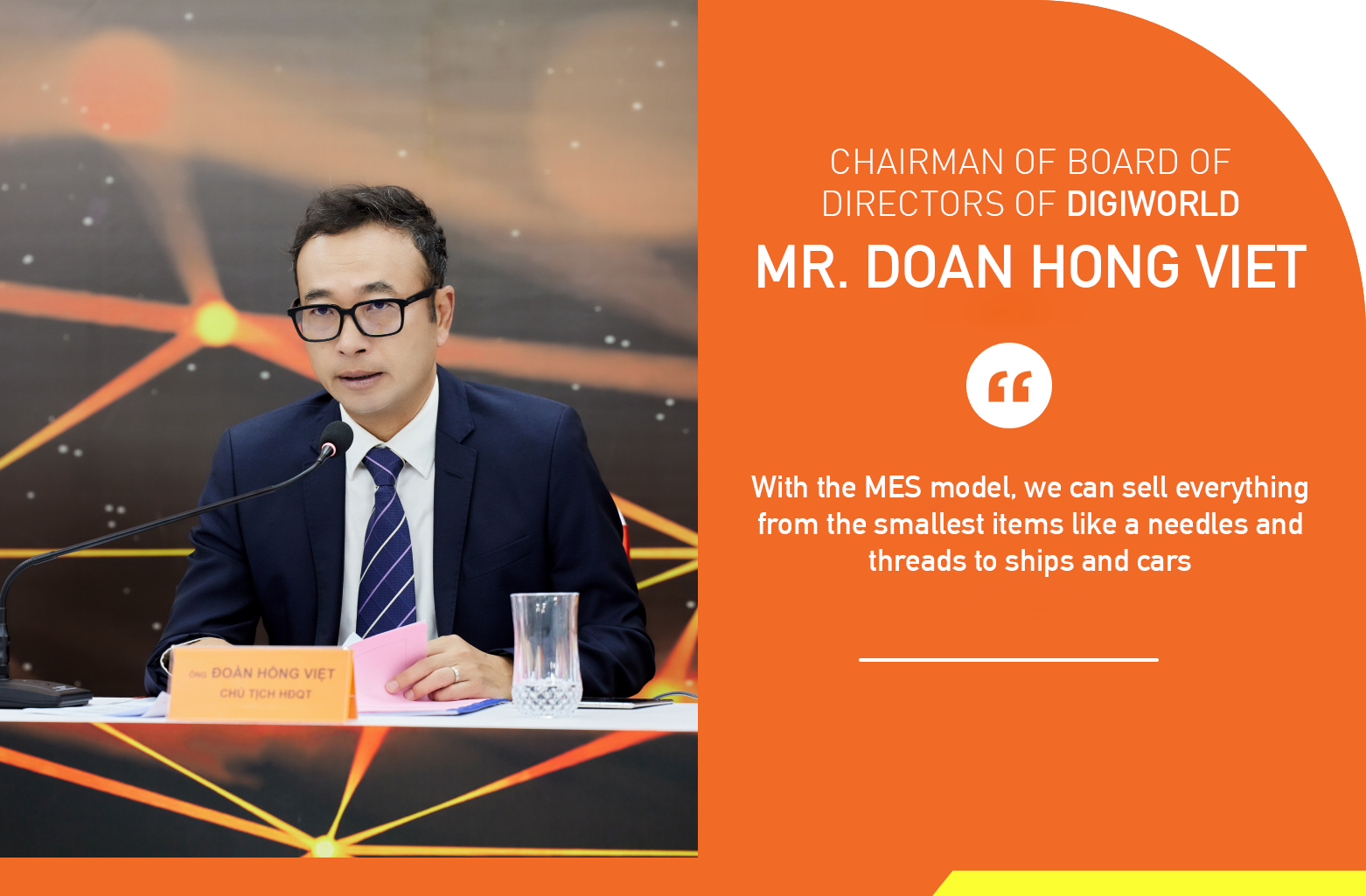
Accordingly, the first puzzle piece of MES is to research and analyze the market from which to build effective sales and distribution solutions depending on each brand. Digiworld believes that by continuously researching and surveying the market from many different angles, including analyzing the brand's competitors, the company can make a scenario and plan to enter the market in details. Digiworld also provides the completion of procedures and compliance with legal regulations so that foreign brands can access the Vietnamese market in full compliance with the law.
The second puzzle piece of MES is planning to build a brand strategy, marketing - sales strategy and comprehensive market penetration strategy with the practice.
Logistics is the third puzzle piece of MES. Of course, Digiworld knows that to introduce the products from a foreign brand into Vietnam, the problems of import procedures, transportation, and warehousing are barriers. The difference of Digiworld comes from the following: Digiworld does not provide simple logistics services but offers optimal services. While the ERP - SAP management system is still unfamiliar to many people, Digiworld, with its technological and administrative capabilities provides a Logistics solution with a real-time inventory management system, thereby giving the warnings to areas to be supplemented the goods, warn overstock... etc. and optimize he delivery plans.
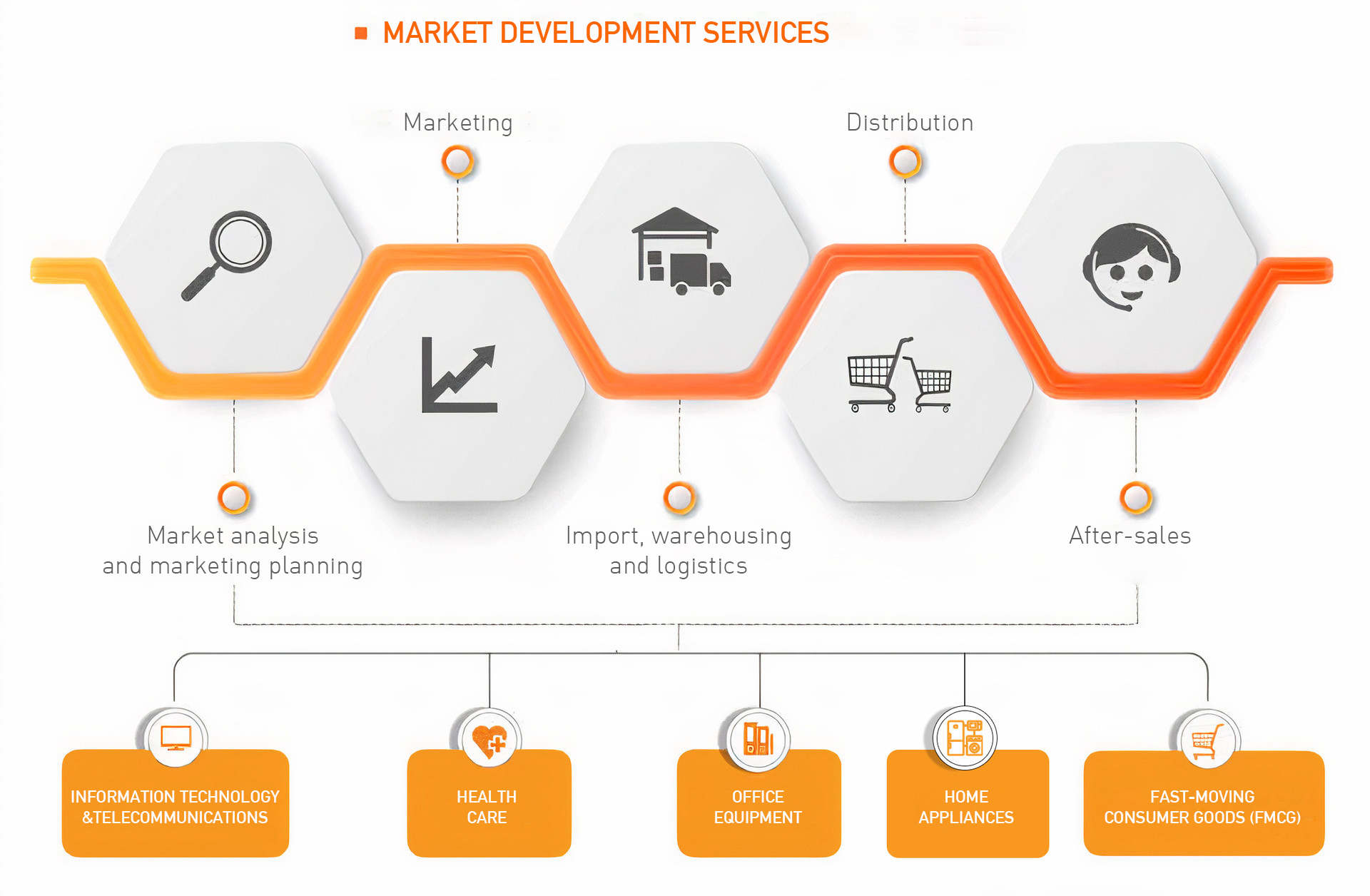
The fourth puzzle piece of MES complete solution is the distribution service. At this stage, Digiworld provides many different services from order receiving and processing to handle the purchasing order, delivery and manage the return...etc. But, the most unique difference and also the things that brings the Digiworld brand beyond a normal distribution company is: Digiworld provides the brands with the store operation services. Two big technology brands which successfully use these services from Digiworld are Huawei and Xiaomi.
After-sales is an important final puzzle piece of the MES solution. Digiworld develops a hotline to advise, centers to support, answer the questions and location to report the consumer behavior and warranty service for products.
Before Digiworld, no company had ever provided the market development services with a complete solution mindset like MES solutions. Digiworld gradually has grown and continuously become the official distributor of major partners such as Dell, HP, Asus, Toshiba, Apple and Huawei... Digiworld's technology distribution market share accounts for about 40% of the market share in Vietnam.
That's why Digiworld has transformed from a small private company to a trillion-dollar business and was one of few businesses on the stock market to achieve a revenue of approx. 1 billion USD in 2022!
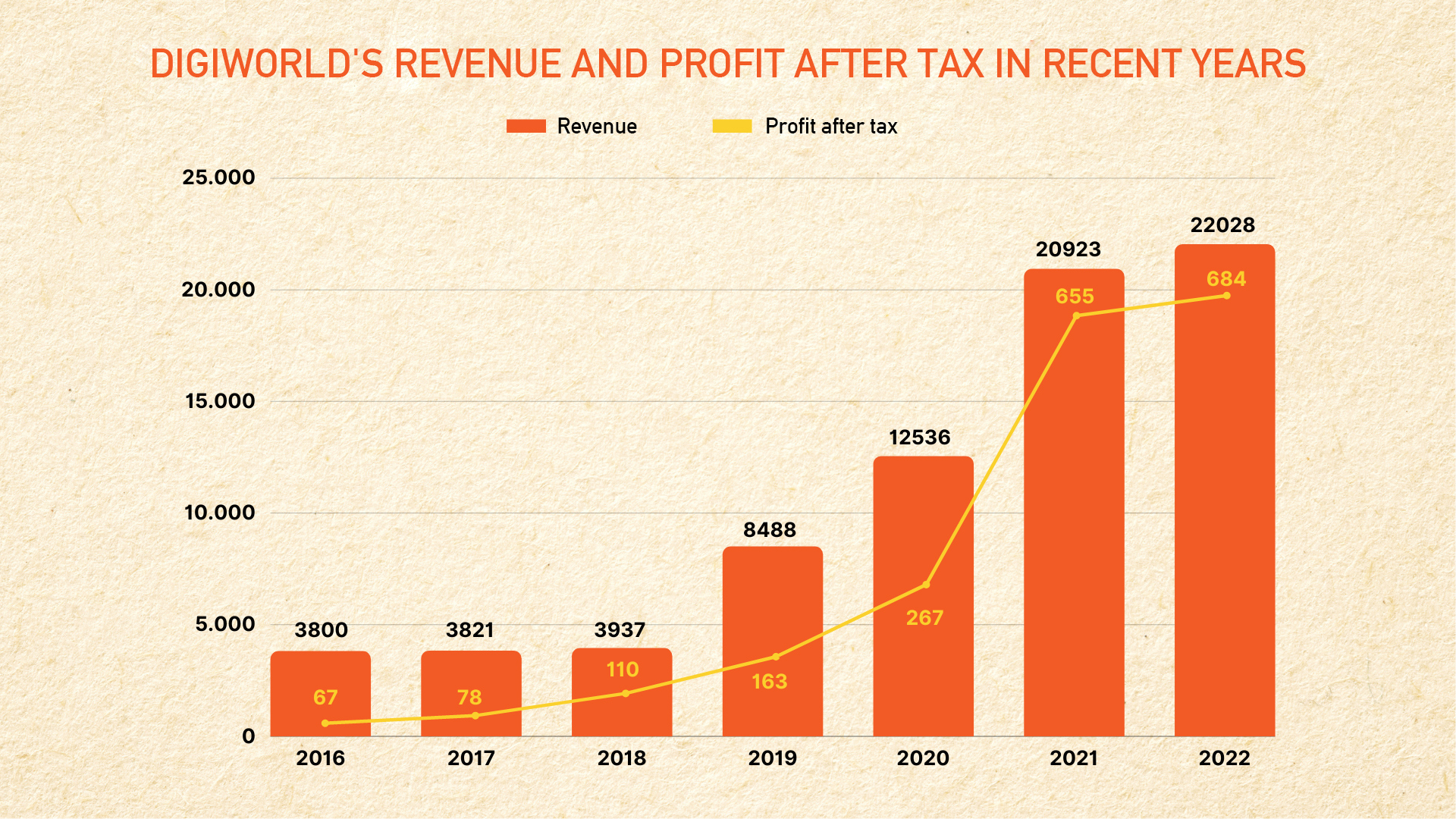
Digiworld's enthusiasm in distributing technology products with starting with Acer has now been applied to many different industries. Applying the successful MES formula to the distribution of office equipment, home appliances, and consumer goods, currently, Digiworld's revenue is the hundreds and trillions of billions/ year for other items.
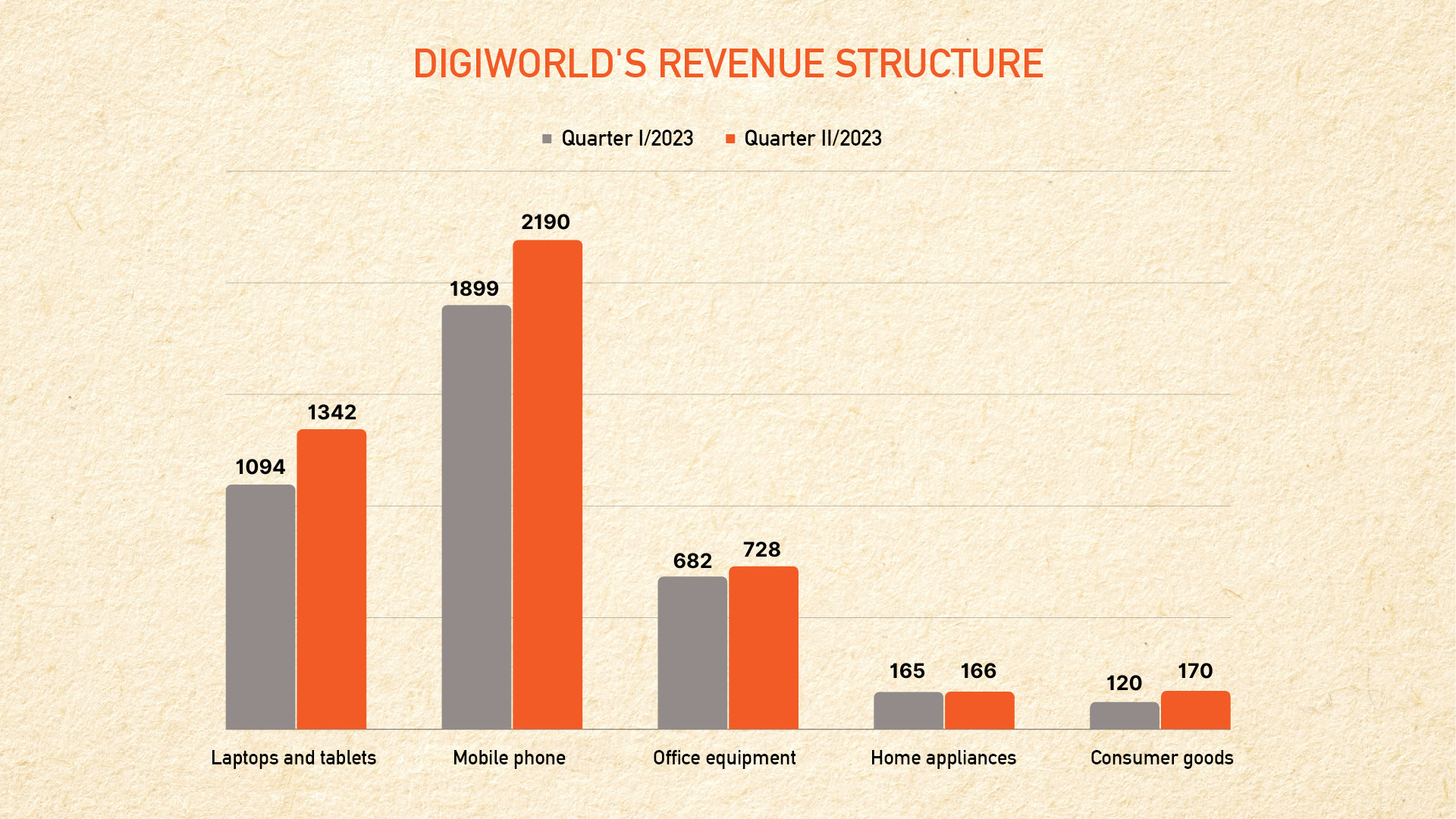
The most prominent mark in Digiworld's horizontal business expansion journey is the corporation with two giants to make the distribution of Whirlpool home appliance industry and ABinBev beer industry. This significant step is expected by investors to reshape the future of Digiworld - the future of a company that started from distributing digital products to distributing everything from the smallest items like needles and threads!
Source Nguoiquansat
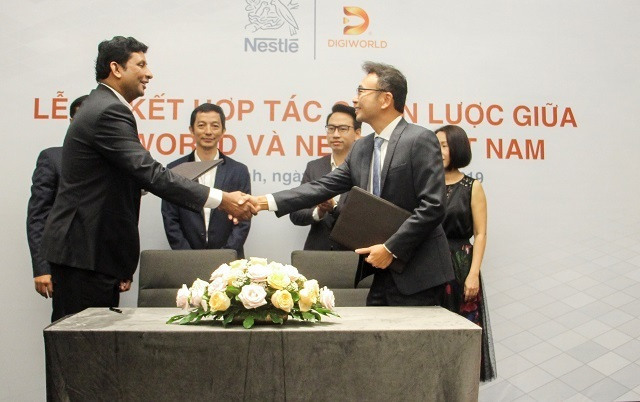
WHY NESTLÉ CHOOSE DIGIWORLD?
04/02/2021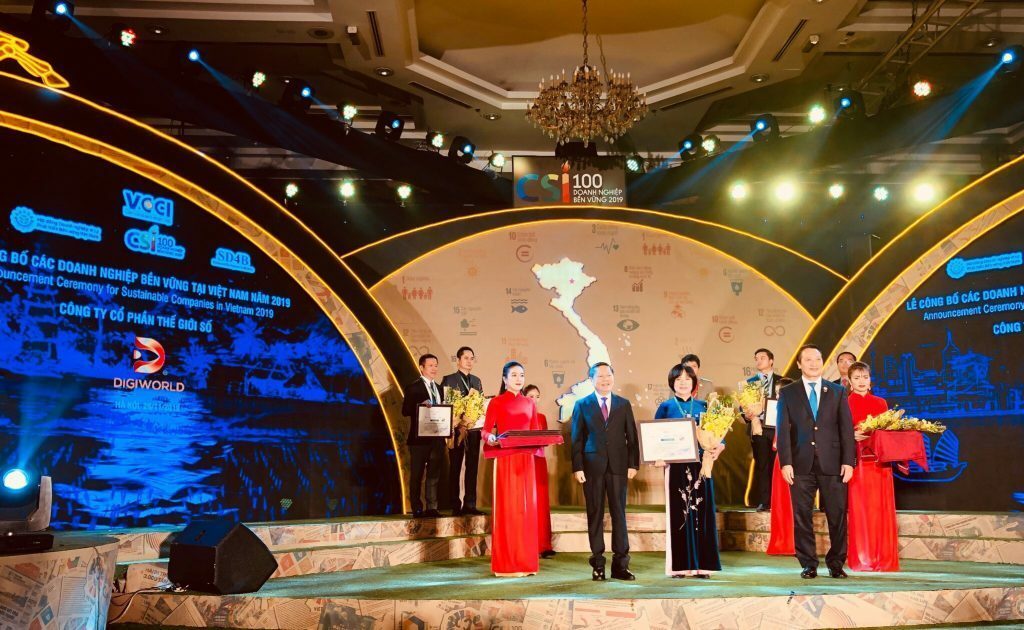
FOR 4 CONSECUTIVE YEARS DIGIWORLD RECEIVED THE AWARD TOP 100 SUSTAINABLE DEVELOPMENT ENTERPRISES IN VIETNAM
04/02/2021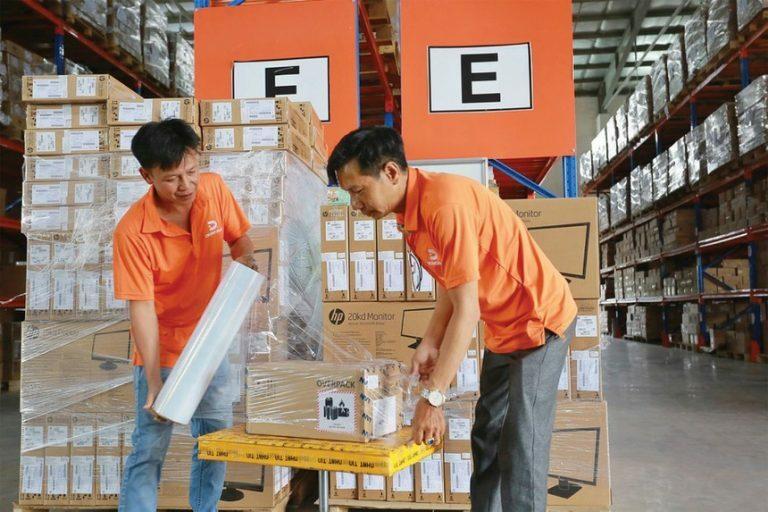
DIGIWORLD: NEW FACE IN THE TOP 5 BEST CORPORATE GOVERNANCE REPORTS
03/12/2019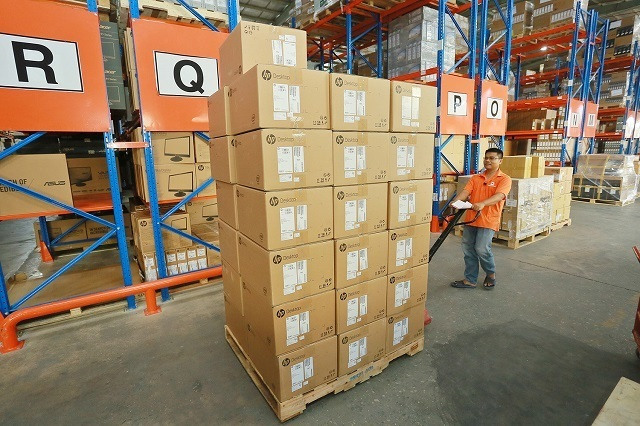
FACTORIALS THAT CREATE DGW'S COMPETITIVE ADVANTAGE
27/09/2019